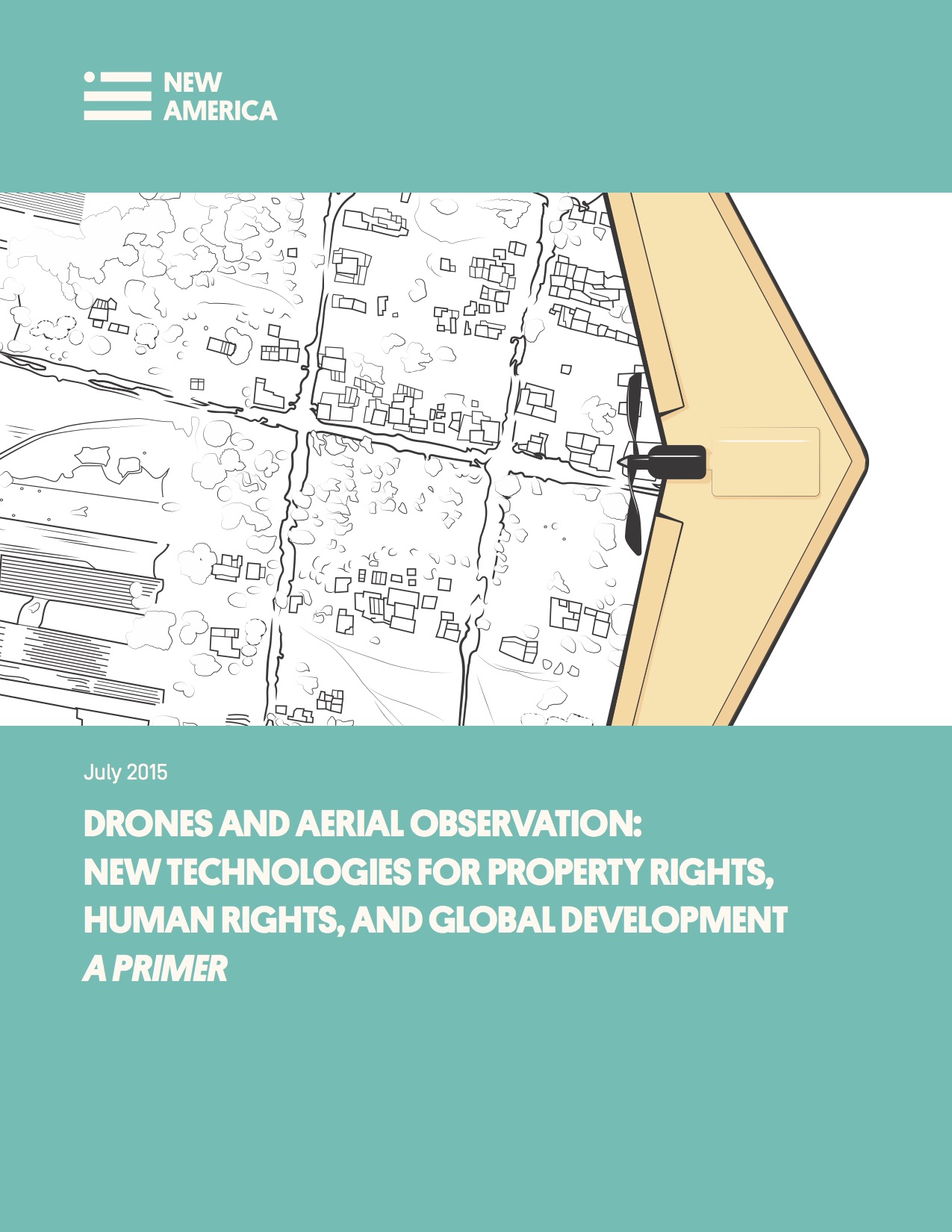WELCOME
 Thanks for coming to visit my website. I write about science, technology, foreign affairs, and other subjects.
Thanks for coming to visit my website. I write about science, technology, foreign affairs, and other subjects.
Follow me on Twitter: @kkakaesnavigation
-
Drones and Aerial Observation
The Pioneer Detectives

I published a short book with The Millions.
It's the story of the Pioneer Anomaly, a long-standing mystery. The book is short and fun—the length of a novella—but also, in the words of Amazon's reviewer, "powerful and sad". If you've got any curiosity about how NASA works behind the scenes or why scientists believe what they do, I think you'll enjoy the book.
It is available on Amazon as a Kindle Single and also on Apple's iBooks.Drone Wars
Archives by Date
clips by publication
- The American Prospect
- Aviation Week & Space Technology
- Columbia Journalism Review
- CNN.com
- The Economist
- Foreign Policy
- Huffington Post
- MIT Technology Review
- NPR
- POLITICO
- Popular Science
- Primer Stories
- Quartz
- Quanta Magazine
- Slate
- The Wall Street Journal
- Washington Post
- Vox
- Zocalo Public Square
- The Millions
- The Weekly Wonk
- Discover
- CQ Global Researcher
- Inside Mexico
- Stanford Magazine
- Poder
NASA announces plans to send a drone to explore Titan for signs of life
27 June 2019
Get ready for Dragonfly’s autonomous flight on Saturn’s largest moon.
Is there now, or has there ever been, life on Titan? Dragonfly will carry a suite of scientific instruments meant to address this question.
[MIT Technology Review]
What Neil Armstrong got wrong
26 June 2019
Space technology has changed the world—but not in the way the dreamers of the 1960s imagined it would
Even though humanity hasn’t returned to the moon since 1972, there has been slow and steady progress in human spaceflight, remarkable robotic exploration of the solar system, and—perhaps most important—a profound reordering of life on Earth by satellites orbiting it.
[MIT Technology Review]
A European mission will intercept an unknown comet for the first time
20 June 2019
The “Comet Interceptor” will launch in 2028 and loiter a million miles away until an interesting and accessible comet is found.
Examining comets from the outer reaches of the solar system could help figure out how much of the water on Earth originated from comets.
[MIT Technology Review]
clips, Science, Technology
tags: Comet, ESA, MIT Technology Review, space
The Saudi prince who took a joyride on the space shuttle
and other space misadventures 30 March 2017
and other space misadventures 30 March 2017
International Collaborations in Space Always
Reflect Politics on Earth
A brief history of the countries that send people to space, and why.
[Slate]
clips, Physics, Astronomy and Space, Science, Science and Technology, Science Policy and Technological Culture, Technology
tags: Gagarin, Interkosmos, International Space Station, ISS, NASA, Rodrigo Neri-Vela, Slate, Soyuz, Space Shuttle, Spacelab, SpaceX, Sputnik, Sultan bin Salman bin Abdulaziz Al Saud, USSR, Virgin Galactic
Cosmic Certainties
19 September 2016
More trouble with string theory, an attempt to do away with inflation, and a novel theory of dark matter, critiqued.
A review of “Fashion, Faith and Fantasy in the New Physics of the Universe” by Roger Penrose.
[Wall Street Journal]
Voyager, the Pioneer anomaly, and NASA’s good old days
15 July 2013
The modest, mighty Voyager and Pioneer probes are still generating news today.
An essay on what made the Voyager and Pioneer spacecraft great, with special emphasis on the Pioneer Anomaly, treated in more detail in my new book, The Pioneer Detectives.
[Slate]
Learning Math From Software Is Like Learning Parenting
Skills From Second Life 29 June 2012
Skills From Second Life 29 June 2012
Math education technology does not promote real understanding.
A follow-up.
[Slate]
clips, Computer Science and Mathematics, Science, Science and Technology, Science Policy and Technological Culture, Technology
tags: Calculators, Conrad Wolfram, constructivism, Education, Evan Weinberg, Graphing Calculators, Math Education, Mathematica, Paul Karafiol, pedagogy, Promethean, Robert Talbert, Science Education, Stephen Wolfram, TIMSS
Why Johnny Can’t Add Without a Calculator
25 June 2012
Technology is doing to math education what industrial agriculture did to food: making it efficient, monotonous, and low-quality.
How and why graphing calculators, educational software, interactive whiteboards and the like undermine actual learning in elementary, middle and high schools.
[Slate]
clips, Computer Science and Mathematics, Physics, Astronomy and Space, Science, Science and Technology, Science Policy and Technological Culture, Technology
tags: Calculators, constructivism, Education, Graphing Calculators, HH Wu, Longfellow Middle School, Math Education, NCTM, pedagogy, Promethean, Science Education, Slate, Smart Board
Is Science Really Moving Faster Than Ever?
3 April 2012
Why talking about the “pace of technological change” is a meaningless, counterproductive generality.
Part 1 of a debate on Slate with ASU’s Dan Sarewitz.
Part 2 is here>>.
[Slate]
The Other Academic Freedom Movement
11 February 2012
How scientists broke through the paywall and made their articles available to (almost) everyone.
Why extremely profitable scientific publishers lack a future, and why this is good for science as a whole.
[Slate]
Relativity, the Photoelectric effect, and all that
1 January 2005
Modern times
The science of Albert Einstein, on the hundredth anniversary of his miracle year.
Social Networks
30 September 2004
Circles of friends
What maths tells us about us.
Science
tags: graph theory, terrorism, The Economist
Extreme Weather
16 September 2004
Shelter from the storm
What hurricane scientists study when they study hurricanes
Science
tags: hurricanes, meteorology, The Economist


